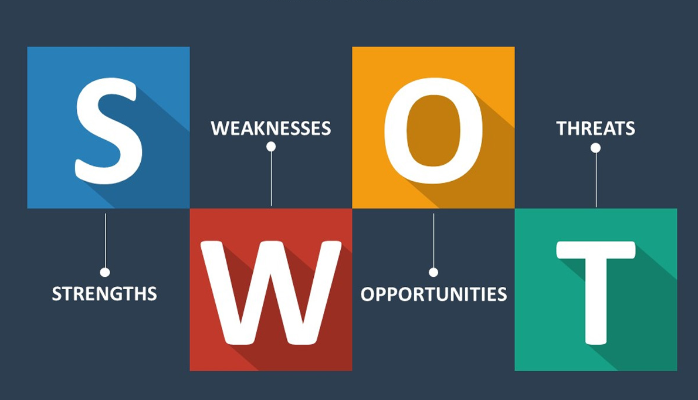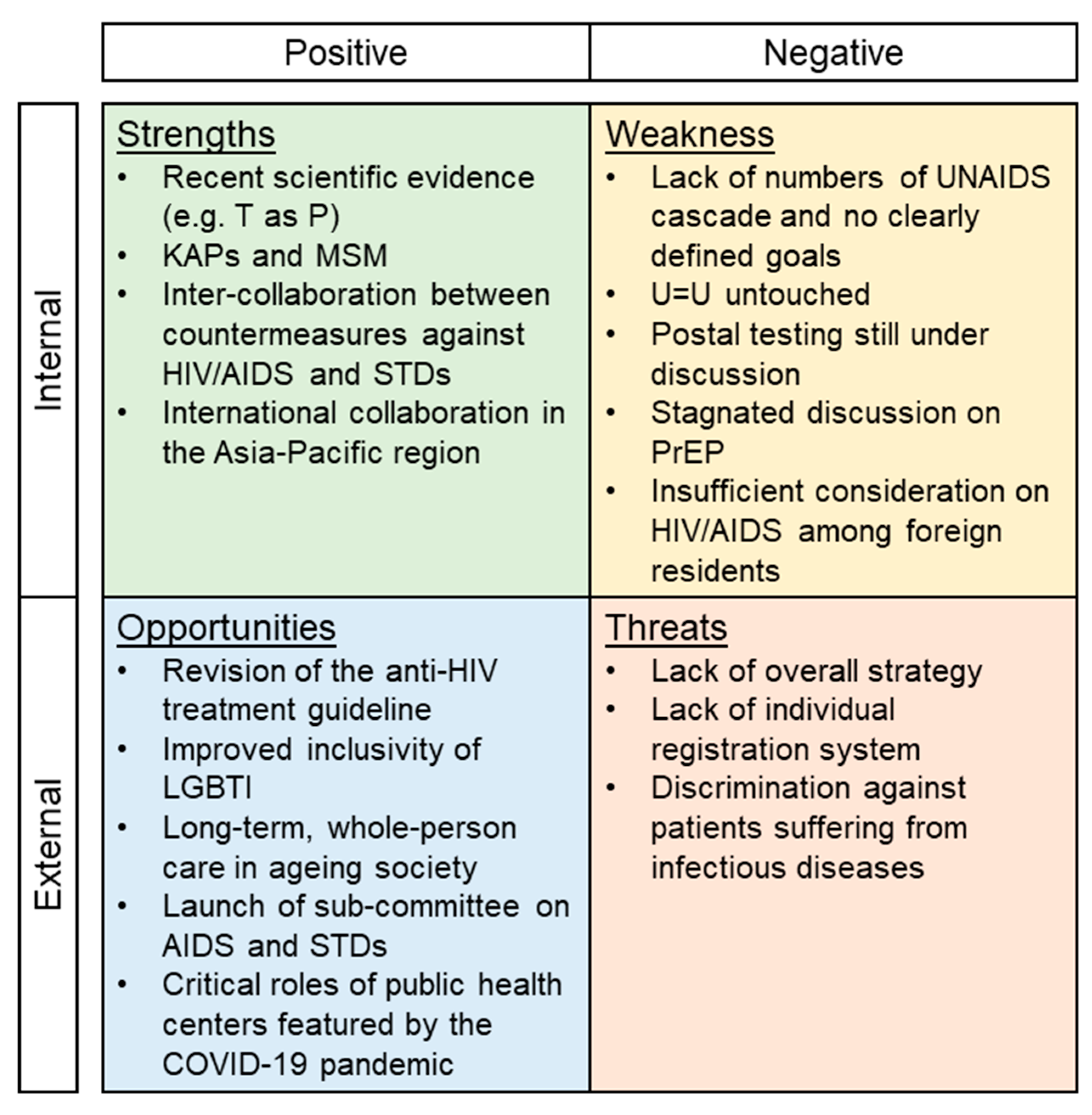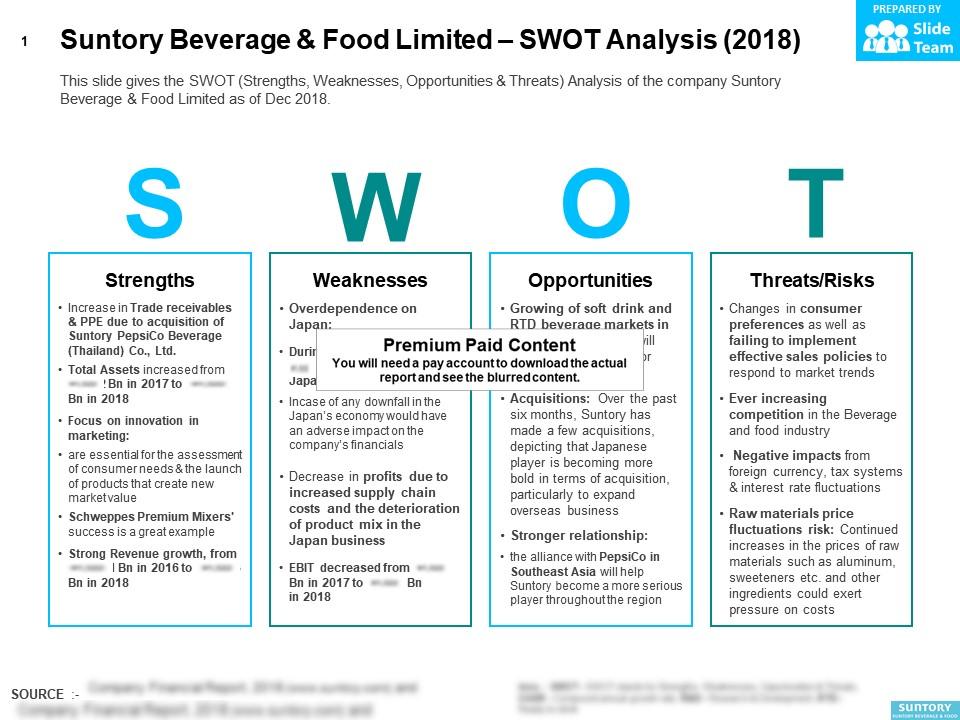A SWOT analysis is a tool used to evaluate the internal and external factors that can affect an organization. It stands for Strengths, Weaknesses, Opportunities, and Threats. In this essay, we will conduct a SWOT analysis of Japan, a country located in East Asia that is known for its advanced technology, strong economy, and cultural traditions.
Strengths: One of Japan's main strengths is its highly developed economy. It is the third-largest economy in the world, and it has a strong export industry, with major exports including automobiles, electronic equipment, and machinery. Japan is also home to many leading global companies, such as Toyota, Honda, and Sony.
Another strength of Japan is its highly educated and skilled workforce. The country has a high literacy rate, and its citizens are known for their strong work ethic and dedication to quality. This has contributed to Japan's success in industries such as technology and manufacturing.
In addition, Japan has a strong infrastructure and transportation system, with an efficient and reliable public transportation network and advanced road and rail systems. This helps to facilitate trade and commerce within the country.
Weaknesses: One weakness of Japan is its aging population. The country has one of the highest life expectancies in the world, and its population is aging rapidly. This has led to a declining birth rate and a shrinking labor force, which could pose challenges for the country's economic growth in the future.
Another weakness of Japan is its dependence on exports. While the country's export industry has contributed to its economic success, it also makes the country vulnerable to economic downturns in other countries. In addition, Japan's export industry is heavily reliant on a few key industries, such as automobiles and electronics, which could also be a potential weakness.
Opportunities: One opportunity for Japan is the potential for growth in its tourism industry. The country is home to many cultural and natural attractions, such as temples, shrines, and natural hot springs, and it has seen a steady increase in foreign tourists in recent years. Developing and promoting its tourism industry could provide economic benefits for the country.
Another opportunity for Japan is the potential for growth in new industries, such as renewable energy. The country has made significant investments in renewable energy sources, such as solar and wind power, and there is potential for further growth in this area.
Threats: One threat facing Japan is the potential for natural disasters, such as earthquakes, typhoons, and tsunamis. These disasters can cause significant damage and disruption to the country's infrastructure and economy.
Another threat to Japan is the potential for economic competition from other countries, particularly in the areas of technology and manufacturing. Japan will need to continue to innovate and invest in research and development in order to remain competitive in these industries.
In conclusion, Japan is a country with many strengths, including a strong economy, skilled workforce, and advanced infrastructure. However, it also faces challenges, such as an aging population and reliance on exports, as well as potential threats, such as natural disasters and economic competition. By addressing these issues and taking advantage of opportunities for growth, Japan can continue to be a leading global player in the future.






